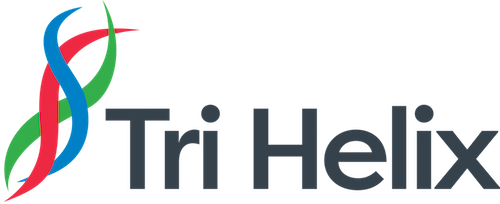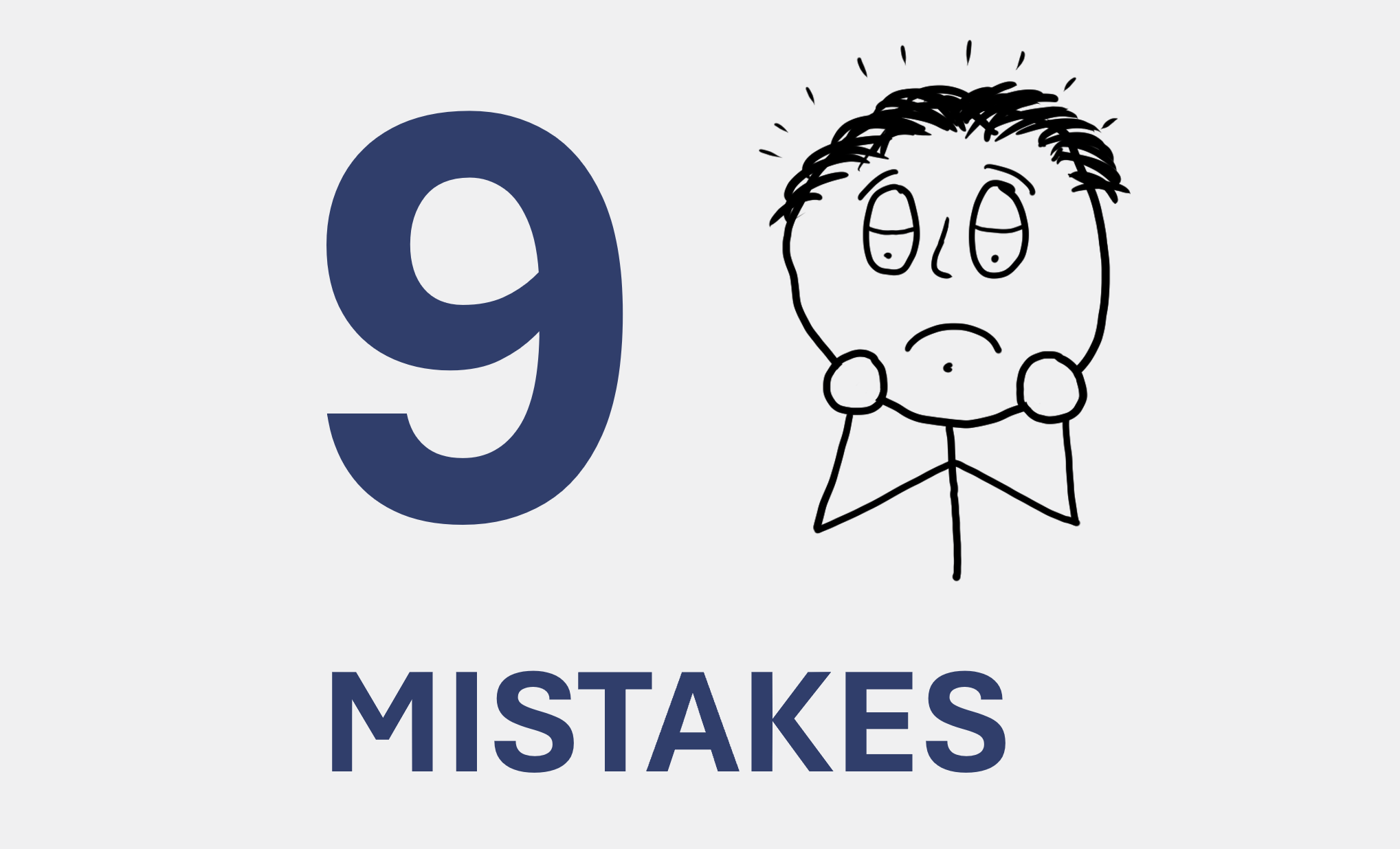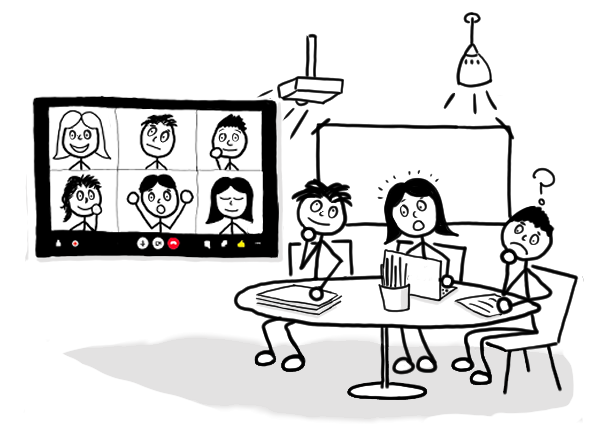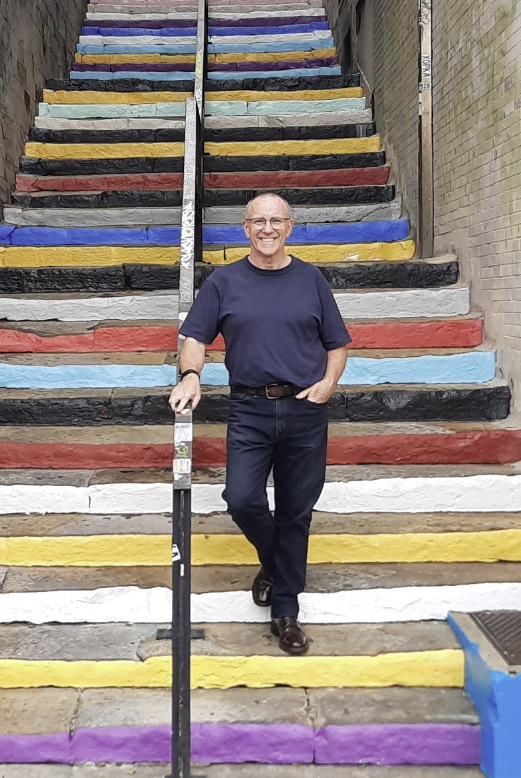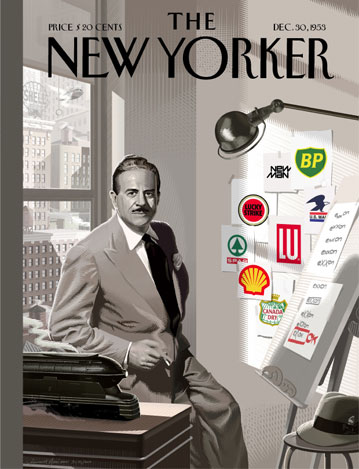
Continuous Improvement and the MAYA principle.
The Most Advanced, Yet Acceptable (MAYA) principle was developed by Raymond Loewy and aims to address the threshold at which people can accept change and innovation. Tri Helix Group’s Success formula addresses the innovation and acceptance components central to Loewy’s MAYA principle.
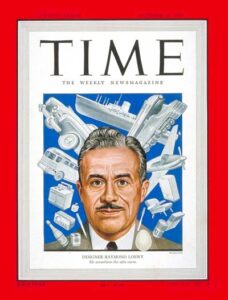
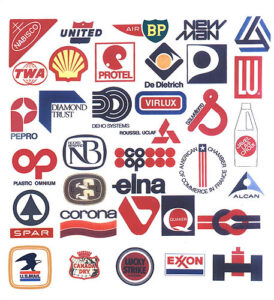
Raymond Loewy, (1893-1986)
A French-born American industrial designer,
gained widespread recognition for his exceptional design
contributions spanning numerous industries.
He was recognized for this by Time magazine [1]
and featured on its cover on October 31, 1949.[2]
Loewy’s death sparked a worldwide media frenzy over his immeasurable talent and contributions to industrial design. New York Times reporter Susan Heller wrote, “One can hardly open a beer or a soft drink, fix breakfast, board a plane, buy gas, mail a letter or shop for an appliance without encountering a Loewy creation.” [3]
“Loewy sought to give his users the most advanced design, but not more advanced than what they were able to accept and embrace. “[4]
Loewy believed that: “The adult public’s taste is not necessarily ready to accept the logical solutions to their requirements if the solution implies too vast a departure from what they have been conditioned into accepting as the norm. “[5]
Loewy’s insight into human behaviour teaches us to design for the future, thinking expansively and removing constraints to create new value while at the same time acknowledging the delivery requires patience and a strategic, gradual approach. This ensures a smooth transition, allowing stakeholders to adapt and embrace the future with minimal disruption.
Tri Helix Group’s Success formula addresses the innovation and acceptance components central to Loewy’s MAYA principle.
The Success formula shows the five conversation types needed to ensure the success of any project. The yellow openness conversations addressing mindset, inspiration and ideation lie directly opposite and are balanced by the green acceptance topics of affinity and ownership. Understanding the needs and desires of our stakeholders helps us to deliver innovation with greater acceptance. The Continuous Improvement Framework applies the Success formula to organisations’ existing policies and frameworks. Having this common approach ensures familiarity while implementing change. This aligns with Loewy’s insights around people’s fear of moving too far away from the norm.
Tri Helix is constantly striving to innovate for better outcomes as we adapt to new challenges and seek to increase productivity and the experiences of all our clients and their stakeholders.
Are you needing support to align a group of stakeholders to innovate and create value while implementing continuous improvement objectives in your business and/or project?
Contact us to find out how Tri Helix can help you.
References and where to learn more
Featured image Fantasy New Yorker cover by Belgian illustrator Laurent Durieux spotlighting Loewy’s logo designs. https://theavanti.com/timemagazine.html
[1] https://content.time.com/time/subscriber/article/0,33009,801030-1,00.html
[3] https://www.raymondloewy.com/about/biography/
[4] Rikke Friis Dam The MAYA Principle: Design for the Future, but Balance it with Your Users’ Present.
[5] https://jfk.artifacts.archives.gov/people/5172/raymond-loewy>
